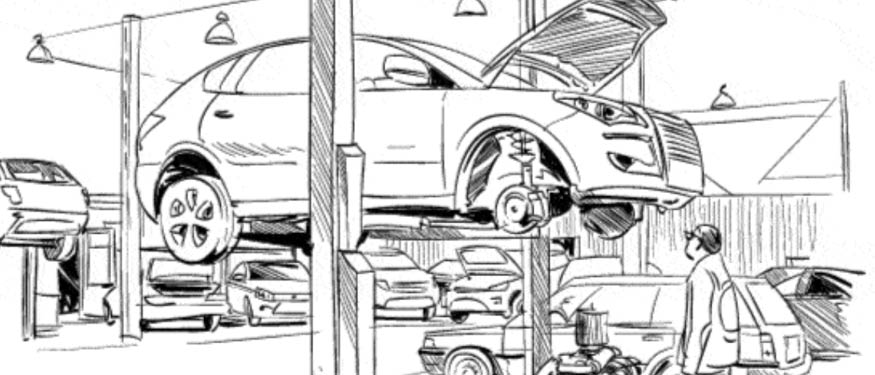The requirement for an increase in the use of green energy will have a significant impact on the growth of e-mobility.
The European Union aims to increase the share of renewable sources of energy in line with the European Green Deal requirements, with a particular focus on the transport sector. To meet the targets of the European Green Deal, the European Commission set various goals to drive the transition to carbon neutrality. Replacing fossil fuels with renewable source energy and introducing at least 30 million zero-emission vehicles on Europe’s roads by 2030 are some of the milestones toward the reduction of transport emissions by 90% by 2050.
In Slovenia, the transport sector has a great impact on energy consumption and, consequently, on the targets related to renewables in gross final energy use. The Slovenian Development Strategy 2030 sets forth various strategies to ensure Slovenian energy security and the Slovenian internal energy market. Supporting the growth of e-mobility, renewable electricity production, and storage facilities are some of the objectives in the context of the development and management of the electricity distribution network in the Slovenian market.
In line with these objectives, in January 2022, the Government of the Republic of Slovenia introduced the Slovenian Decree on Renewable Energy Sources in Transport, determining the mandatory shares of energy from renewable energy sources for use in the transport sector. In accordance with the decree, the fuel suppliers need to achieve a mandatory energy share of renewable energy sources in the transport sector for each calendar year, which amounts to at least 10.1% in 2022, at least 11.2% in 2025, and at least 20.8% in 2030. These requirements will boost the electrification of the Slovenian transport sector and the deployment of renewable energy capacities.
In addition, the Slovenian National Policy Framework sets forth the targets for Slovenian infrastructure to reach 7,000 electric vehicle (EV) charging points by 2025. The number of EV charging points in Slovenia has increased significantly in the last two years. According to the European Alternative Fuels Observatory Report of the European Commission, the total number of publicly accessible AC charging points (AFIR categorization) has increased from 514 in 2020 to 5,313 in 2021, and the total number of publicly accessible DC charging points (AFIR categorization) has increased from 83 in 2020 to 247 in 2021. The Slovenian EV market share has increased rapidly in recent years as well, so that battery electric vehicles (BEVs) rose from 1,314 registered BEVs in 2018 to 5,574 registered BEVs in 2021, and plug-in hybrid electric vehicles (PHEVs) grew from 580 registered PHEVs in 2018 to 1,088 registered PHEVs in 2021. In 2018, there were 470 new registrations of BEVs, which increased significantly in 2021, reaching 1,679.
The set of recently adopted laws enables the commercialization of the EV charging market and boosts e-mobility in Slovenia. The Slovenian Electricity Supply Act, which entered into force on November 13, 2021, ended the restrictive control of electricity operators over charging stations. The electricity operator must enable the easiest possible connection of publicly accessible and private charging points for EVs to the electricity grid and must cooperate in a non-discriminatory manner with any person or entity that owns, develops, or operates charging points for EVs, including their connection to the grid. The electricity operator may not own, develop, or operate charging points for EVs or offer electric charging service, except in certain statutory exceptions – for instance if the electric operator owns charging points intended exclusively for its own use. In Slovenia, the owner or lessee of the EV charging point may freely choose the electricity supply provider, and is, pursuant to the Slovenian Electricity Supply Act, entitled to terminate the electricity supply contract without obligation to pay any penalties if electricity prices or the supplier’s general terms and conditions change. The Slovenian Act on Energy Efficiency, which entered into force on November 17, 2021, supports the growth of e-mobility by determining that when constructing new non-residential buildings, and in the event of major renovations of non-residential buildings, the investor must ensure the installation of a certain statutory-determined number of EV charging points and the installation of electric cable lines for parking lots.
The synergies between renewable energy resources and e-mobility thus bring ample new opportunities, especially for the electricity sector.
By Dunja Jandl, Partner, and Tamara Kosi, Attorney at Law, CMS
This Article was originally published in Issue 9.6 of the CEE Legal Matters Magazine. If you would like to receive a hard copy of the magazine, you can subscribe here.














